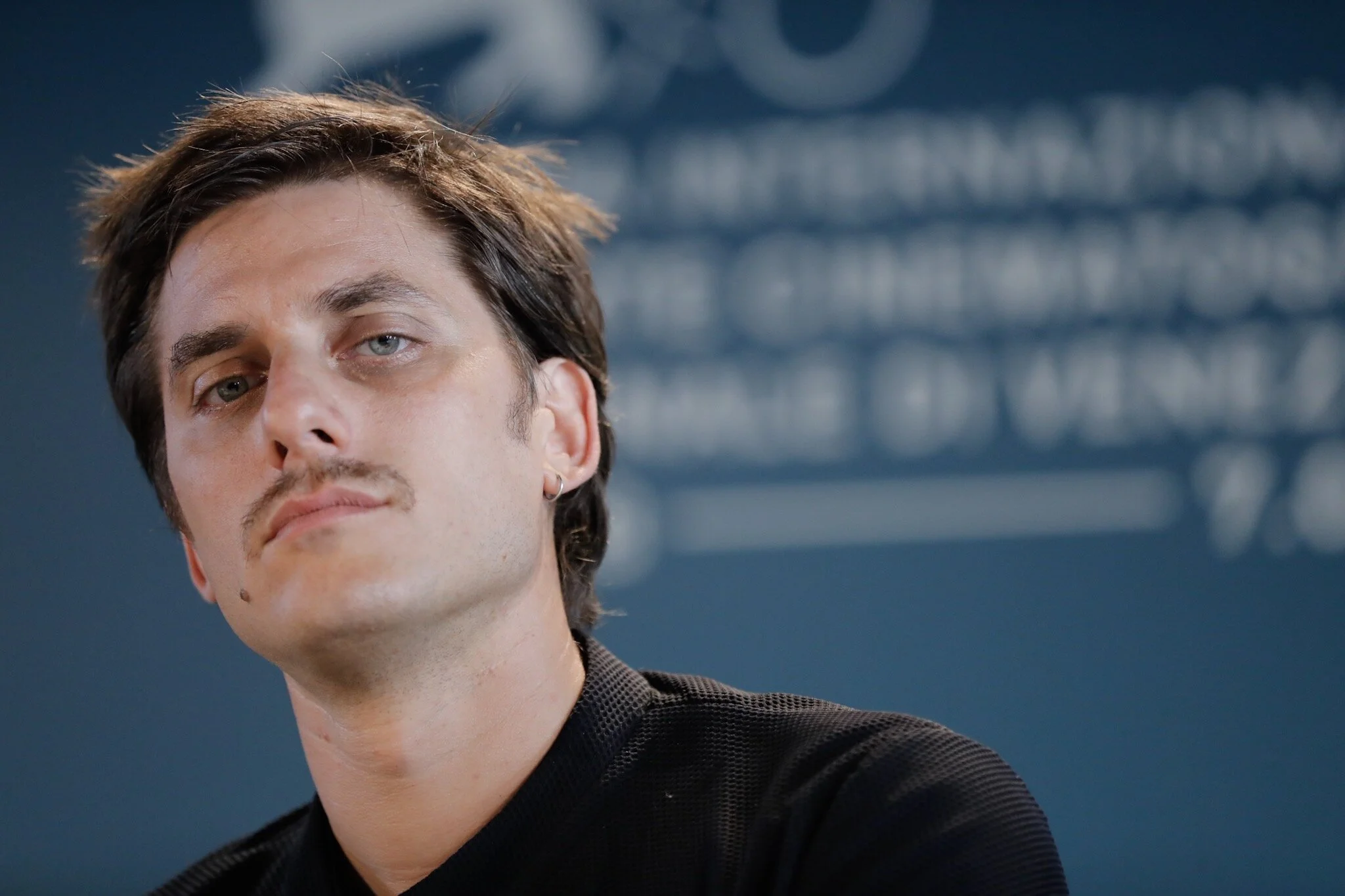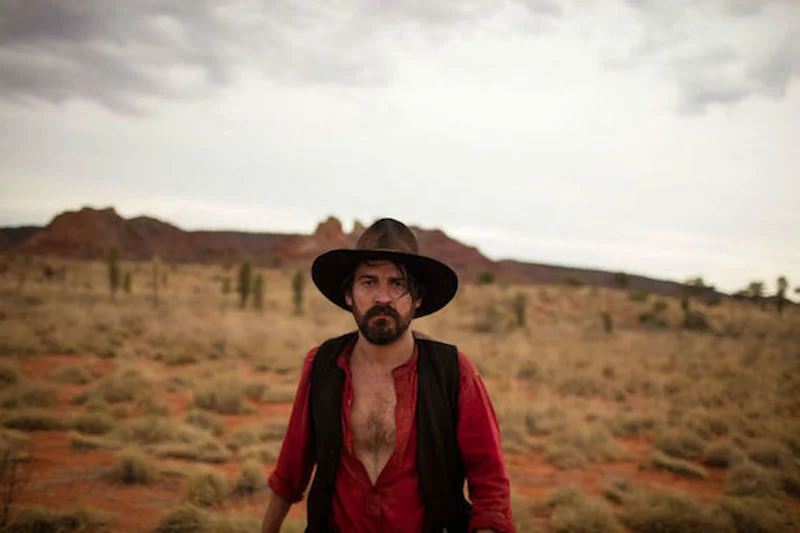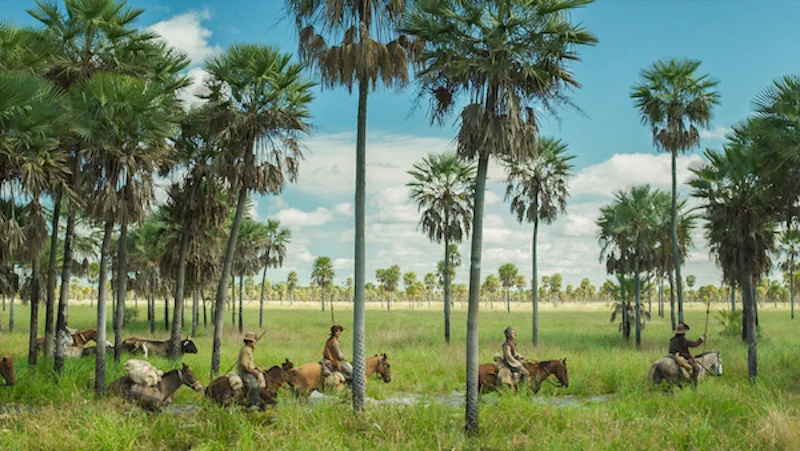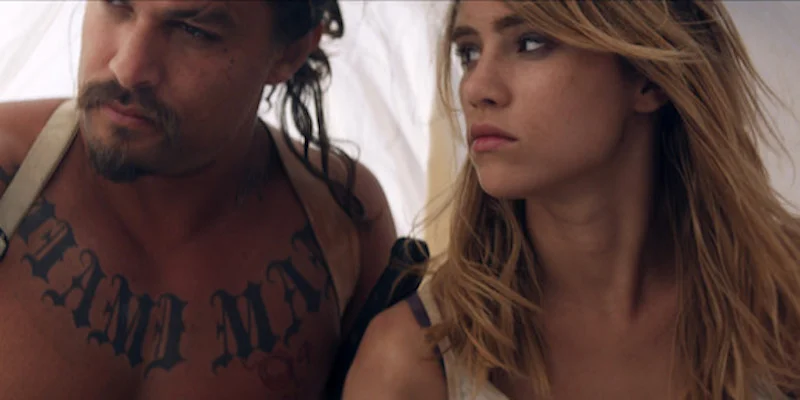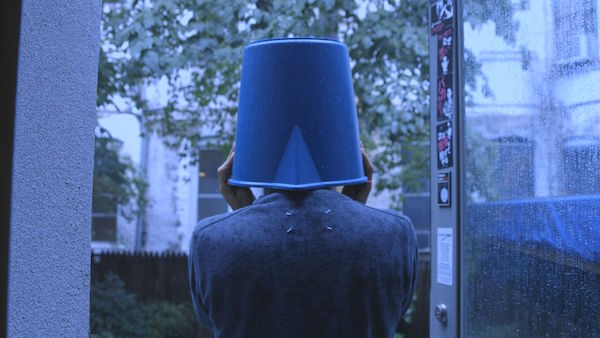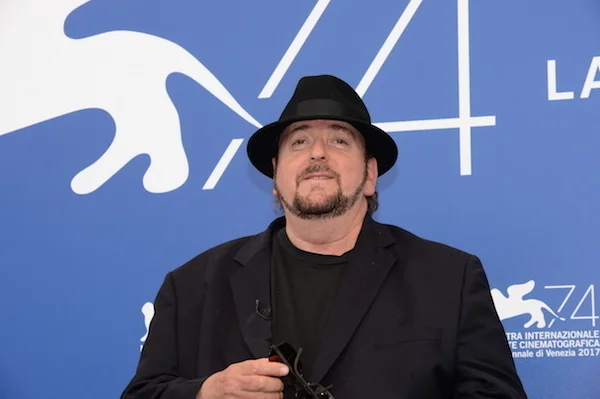When the line-up for the 73rd Venice International Film Festival was announced, in late July, there was one film that immediately jumped off the page at me, and I knew coming into this edition of the oldest film festival in the world, I just had to watch it. I craved to watch it, in fact, as one craves a good meal or the perfect glass of wine.
In fact, “craving to watch it” is the perfect way to describe the desire that accompanies a film like The Bad Batch, which according to producer Eddy Moretti, was initially pitched by its filmmaker as “a cannibal falls in love with his next meal.”
And right I was to be ravenous about watching Ana Lily Amirpour’s follow up to her modern cult classic (yes, it’s already a classic, in case you were wondering) A Girl Walks Home Alone at Night. Watching The Bad Batch turned out to be so spectacular for me, so infinitely ahead of the majority of filmmakers’ visions and critics’ perception that I wouldn’t be surprised if everyone else was still unraveling their brains, as I am two days later, to fully comprehend it. I won’t use broad statements like Amirpour is a genius, because for such a young and talented filmmaker where would she go from there if I did — but she comes awfully close.
Read More